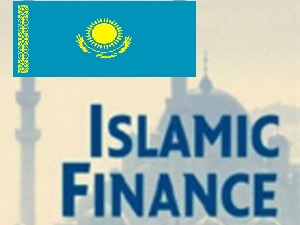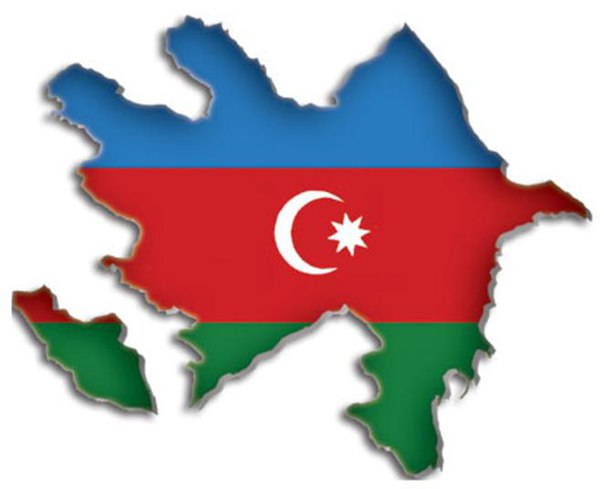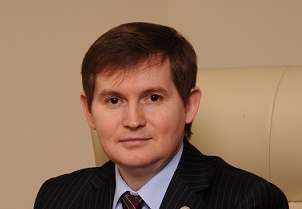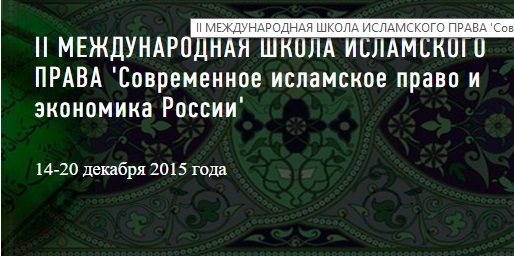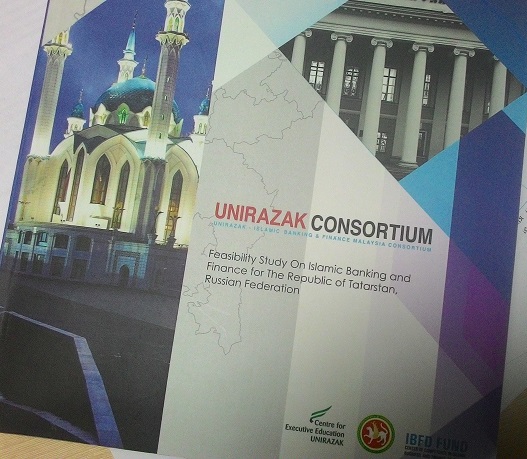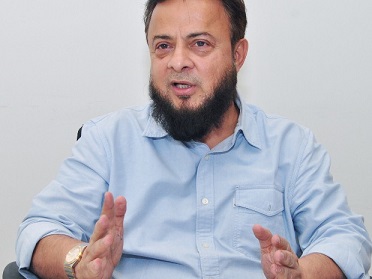Homepage | About us |
Advertise | Partners |
 Contacts | Contacts |
 Русский Русский
|
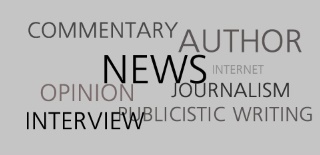 |
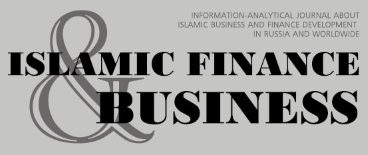 |
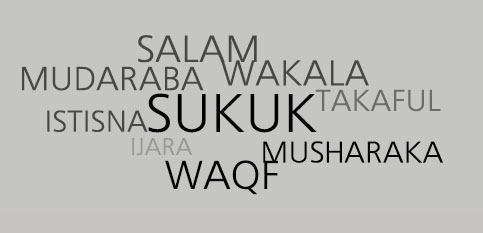 |
Latest News
Recent Comments
|
Forum discusses nuances of Islamic finance12.08.2010WASHINGTON: The US-Qatar Business Council and the Arab Bankers Association of North America, in collaboration with the National Council for US Arab Relations, hosted a recent Islamic finance forum here at the George Washington University Law School.
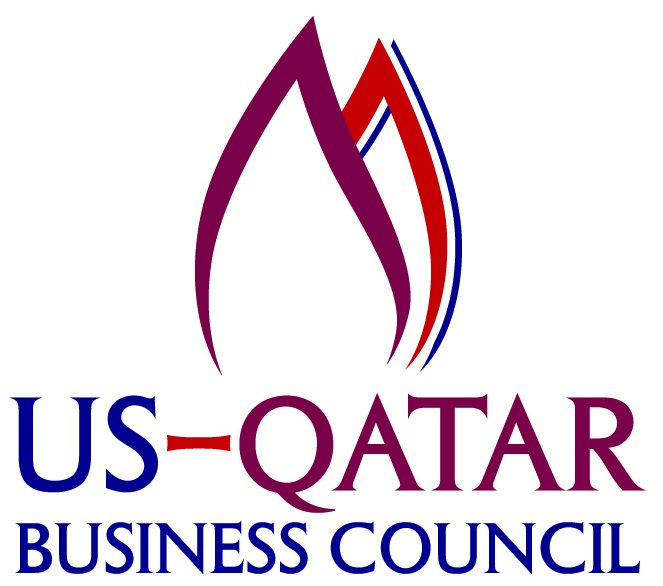
WASHINGTON: The US-Qatar Business Council and the Arab Bankers Association of North America, in collaboration with the National Council for US Arab Relations, hosted a recent Islamic finance forum here at the George Washington University Law School.
The event featured five distinguished scholars and experts in the field of Islamic finance. They included Prof. Frank Vogel, senior fellow and head of Muslim World Law and Islamic Finance, Institution Quraysh for Law and Policy and Umar Moghul, Partner at Murtha Cullina LLP and co-chair of the firm’s Islamic Finance and Investments Group. Yusuf Talal deLorenzo, chief Shariah officer at Shariah Capital, Aamir Rehman, managing director at Fajr Capital Limited and Ibrahim Warde, adjunct professor of International Business at the Fletcher School of Law and Diplomacy, Tufts University, were the others. The panelists addressed a several hundred attendees on the various aspects of contemporary Islamic finance such as its historical legacy, the compatibility of Shariah-compliant institutions with US law, derivative instruments and the development of sukuk in the Gulf, Shariah financial regulation and practice in the GCC (Gulf Cooperation Council) and Islamic finance in the light of the recent financial crisis. It also addressed Shariah financial regulation, how the rise of Gulf capital is affecting financial markets and how it should be regulated, as well as the compatibility of Shariah institutions with US law and regulation. Regarding the question of sukuk in the Gulf, DeLorenzo said ownership is an important issue for Shariah scholars to understand. “Ownership is always a sticky subject and it is not always a failure of the Shariah advisers when ownership and sukuk is questioned,” he said. DeLorenzo, wrote the introduction to Islamic bonds, a book that introduced sukuk to the world’s Islamic capital markets as well as a three volume Compendium of Legal Opinions on the operations of Islamic banks, the first English/Arabic reference on fatwas issued by Shariah boards. One clear lesson, he said, “is the need for more and more diligence on the business side.” “We need to confront these issues. The tensions need to be resolved before real trading can take place. He said the problem was that the “press picks up on a sukuk default and then blames it on Shariah. We need to explain it better.” The Islamic financial sector is promising, he said, “but there are obvious problems, and we have begun examining the problems through several organizations.” Islamic banking did not originate in the Gulf, he said, “but rather in Egypt and Malaysia, although it has now to the Gulf, where about two-thirds of the addressable market in banking assets, in term of volume, is located.” Ibrahim Warde, who has written several books on Islamic finance, spoke on Islamic finance in the current financial crisis. “The Islamic banks did suffer a bit from the crisis, but not as much as the conventional banks.” As a result, Islamic finance, he said, caught the attention of the conventional banking sector. Source http://arabnews.com Latest News |
Editor's ColumnAnalytics
News in RSS format |
| © IBFD Fund, 2009-2026. Developed by Linova-MEDIA. Хостинг от uCoz. Design by WebRT |




